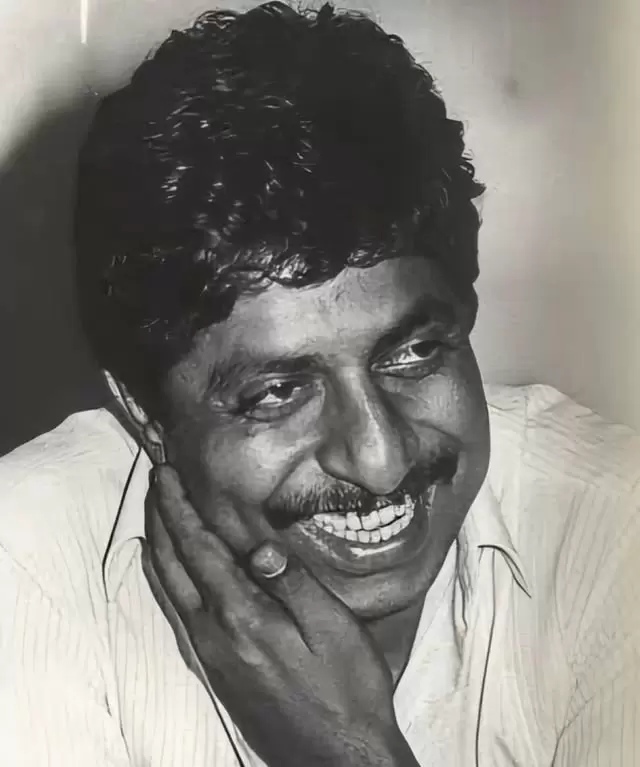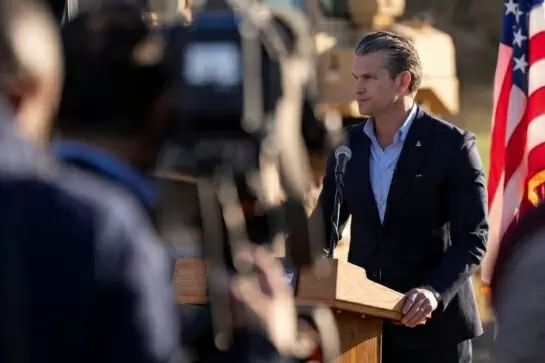Oil Cos. maintain check, petrol-diesel prices may not spike
17-September-2019
Consumers in India are unlikely to be overburdened with high retail price of auto fuels - petrol and diesel - following a spike in international crude prices that rose 19 per cent on Monday.
Global oil prices are on the boil again in the aftermath of the largest ever-disruption in crude production post drone attacks in Saudi Aramco's two of the largest oil processing facilities.
The attacks at Abqaiq and Khurais plants have sucked out 5.7 million barrels per production or Aramco's 50 per cent oil output. This led global oil prices to increase 19 per cent to over $ 71 a barrel on Monday from a level of $ 60 earlier.
Sources said that with three states - Maharashtra, Jharkhand and Haryana going to the polls next month, the government does not want to risk higher auto fuel prices and face consumer outrage. Frequent increases in retail price of petrol and diesel is considered suicidal as an upshot in petroleum product prices could have an adverse fall out for the ruling BJP during the elections.
Therefore, it seems to have tempered its policy of market-determined retail pricing of petroleum products that were hitherto being revised on a daily basis based on international prices.
Sources said that state-owned oil marketing companies (OMCs) have been told by senior government functionaries to keep the daily price movement of the two petroleum products in check between now and the end of elections. This could be done by absorbing a portion of the price rise if the increase is consistent in view of global factors, especially disruption of supplies post drone attacks.
A recent report by Kotak said that in light of the sharp rise in international crude oil prices, Indian oil marketing companies (OMCs) may increase the retail price of diesel and gasoline by Rs 5 to Rs 6 per litre in the following fortnight. However, even if the disruption is long drawn, petrol and diesel retail prices may move up slowly minimizing the impact on consumers. OMCs moved similarly during the general elections in April-May this year when retail prices did not change on several days even though there was a need for an increase.
Sources said that though OMCs have not been issued any written order on retail prices but the government being its largest shareholder has exercised its control to make sure that consumers are prevented from paying abnormally higher prices.
"There is no question that even under daily price revision mechanism, OMCs have to occasionally oblige and follow instructions coming from the government. This seems true now given how cleverly marketing companies are absorbing marginal losses while keeping petrol and diesel prices insulated from global developments," said a sector analyst who did not wish to be named.
Petroleum minister Dharmendra Pradhan on Tuesday played down the impact of rising oil prices on the country post Saudi disruptions suggesting that India had a diversified basket. He also indicated that India may increase oil imports from Russia if the need arose.
Data from state-owned oil companies give enough indication to prove that a veiled price control has already made its comeback and petrol and diesel prices have been left un-revised for days in succession. Between June and now, there have been several instances when retail prices of petrol, diesel have been left unchanged by OMCs. Oil sector experts said this is impossible given the oil prices changes by the minute and hour and there is no question it would remain static for days.
When contacted, an oil company official said retail prices were not revised on a few days in the last one-month largely because market prices were stable or the increase and decrease were very minimal. Otherwise, OMCs are free to adjust the prices as per global movements, he said.
Petrol prices rose 14 paise per litre in Delhi to Rs 72.17 while diesel increased by 15 paise to Rs 65.58 on Tuesday in Delhi. The product prices are dependent on global oil and product prices, refinery margins and currency exchange rates, all of which are highly volatile.
Last October while announcing an excise duty cut on petrol and diesel to tame a spike, the government had also asked OMCs to absorb a Re 1 per litre hike. A Re 1 loss on sale of the two petroleum products for a full year impacts the profits of OMCs adversely with Indian Oil Company (IOC) taking a hit of 19 per cent on its net profit, while Hindustan Petroleum about 27 per cent and Bharat Petroleum about 26 per cent.
Official of an oil marketing company confirmed the practice but could not tell the extent of loss being incurred by them. He agreed that this should continue till the end of state elections.
State-run fuel retailers Indian Oil Corp. Ltd, Bharat Petroleum Corp. Ltd and Hindustan Petroleum Corp. Ltd switched to daily price revision from a fortnightly pricing system in June 2017 as the government sought to further the pricing reforms in the sector when prices remained subdued.
But the system has now become a big headache for the government as constant increase in global prices is pushing up retail petrol and diesel prices daily. The big criticism the government has faced is on account of higher petrol and diesel prices even though global oil prices have remained low in an oversupplied market till a few days back.IANS
Bondi Beach Terror Attack: Shooters Sajid-Naveed Identified As Pakistani-Origin Father-Son Duo
Legendary Singer S.P. Balasubrahmanyam's Statue Unveiled In Hyderabad Amid Row
In BJP, Anyone Can Rise From Pasting Posters To National President: Giriraj Singh On Nitin Nabin’s Elevation
Ram Janmabhoomi Movement Veteran Ram Vilas Vedanti No More, Yogi Adityanath Pays Tribute
Rajinikanth Turns 75: Anil Kapoor, Kajol Lead Heartfelt Birthday Tributes









